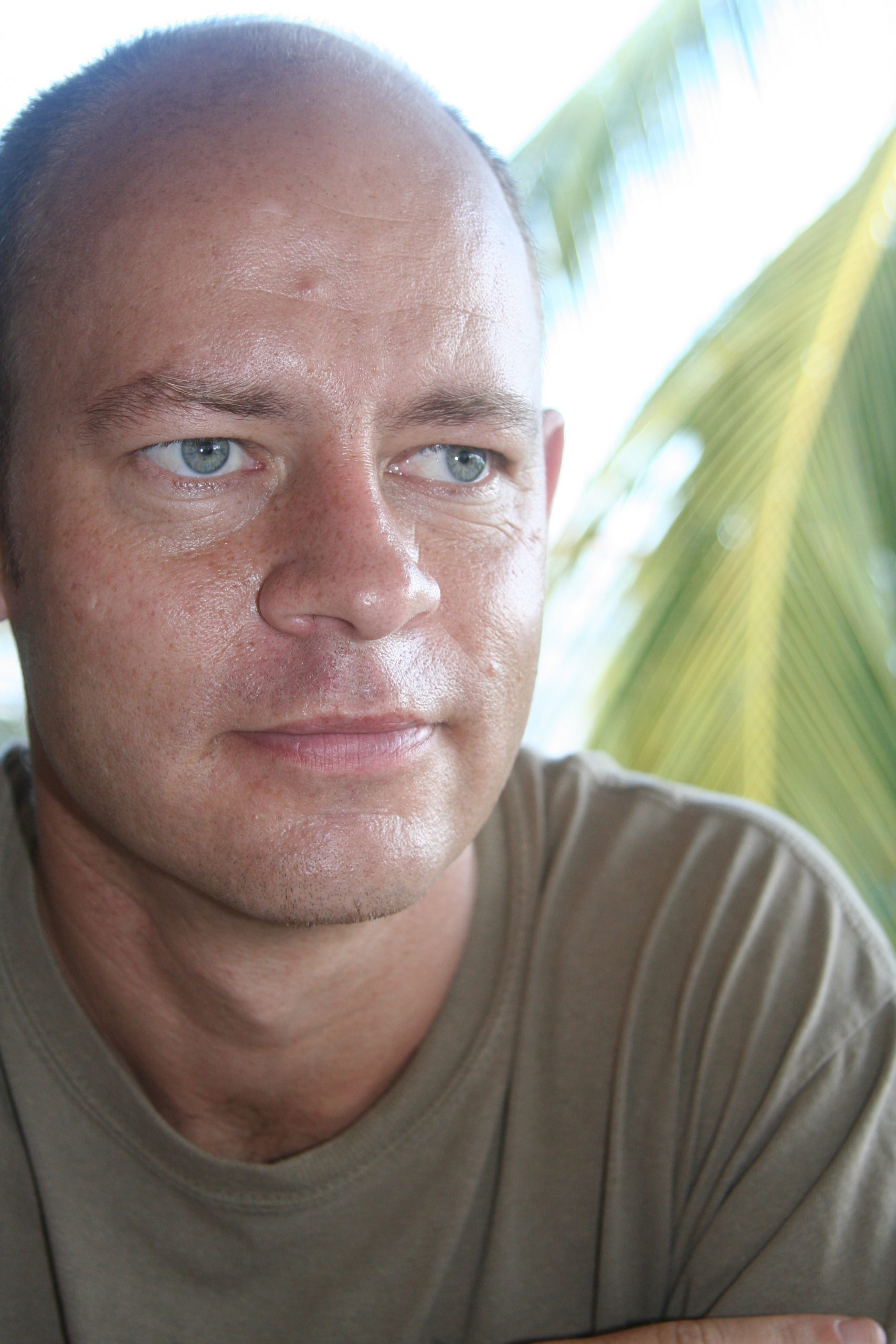Treatment as prevention: we urgently need policy guidance
The International AIDS Society conference on HIV Pathogenesis, Treatment and Prevention in Rome has been hailed as a landmark conference for HIV prevention. Just as the AIDS conference in Vancouver in 1996 marked the beginning of the international effort to roll out antiretroviral therapy globally, so Rome will likely be remembered as the beginning of a new era in biomedical prevention.
The results of the HTPN 052 discordant couples trial, which found the greatest incidence reduction of any prevention intervention evaluated to date, were met with a standing ovation. This trial found a 96% reduction in HIV transmission and a 40% reduction in serious complications, in particular tuberculosis (TB), among patients starting ART early, at CD4 350-550 cells/mm3.
Implementation of this strategy is, however, hampered by lack of guidance from the World Health Organization. Draft guidelines for the provision of ART in discordant couples have been in process for many months, and their release was first announced in May, and then again July. However, by the end of the conference it remained unclear when the guidelines would be released, or what they would say.
Rumours spread in the conference corridors that WHO had been pressured to delay the release. Some suggested the issue at stake was to find the right balance in investment between the results of HTPN 052 and those of the recently completed pre-exposure prophylaxis trials that also reported a substantial prevention benefit.
There are at least three reasons why such a trade off is wrong.
First, providing ART earlier is desirable for more reasons than reduced HIV transmission: the HIV-positive individual receives treatment at a stage in their disease that developed country guidelines already consider therapeutically beneficial; their risk of developing incident diseases, in particular TB, is substantially reduced; reducing TB incidences confers the additional public health benefit of reducing the risk of TB transmission.
Second, discussions about whether to give ART to HIV-positive or HIV-negative individuals are ethically problematic. Economics has long been described as the ‘dismal science’, but it is hard to think of a more dismal economic proposition than to delay giving ART to people already infected with the pathogenic HIV virus in order to give the drugs to HIV-negative individuals instead.
Third, there are fundamental practical differences to the two approaches. Implementing the results of HTPN 052 means further extending what is already happening (giving ART to HIV-infected individuals); in contrast, giving ART to HIV-negative, at-risk individuals requires extensive operational research to help define what is essentially an entirely new programmatic approach.
In the absence of the anticipated guidance from WHO, the euphoria felt by participants at Rome that the latest science can allow us for the first time to consider eliminating HIV was tempered by utter confusion among programme managers as to what to do next. Countries like South Africa that are in the middle of rewriting their national strategic plans for HIV urgently need guidance.
WHO Officials at Rome suggested that guidelines for discordant couples counseling would be released within two months, but it is not clear what they will recommend. This is a critical test for WHO. The Organization has been criticized in the past for issuing guidelines that were based more on opinion than evidence, and has responded laudably by putting in place processes to ensure that guidelines are supported by systematic reviews of the evidence base. An important test of the extent of WHO’s commitment to evidence-based guidelines, therefore, is whether the guidelines for discordant couples to be released in the coming months will include a recommendation for earlier initiation of ART for discordant couples – the intervention had everyone on their feet in Rome and that is surely the main point of having such guidelines at all.
Nathan Ford, MPH, PhD has worked with Médecins Sans Frontières (MSF) since 1998, and is currently the medical coordinator for MSF’s International Campaign for Access to Essential Medicines.


[…] Treatment as prevention – we urgently need policy guidance: In a PLoS One blog post, Dr. Nathan Ford, medical coordinator for Medecins Sans Frontieres’ International Campaign for Access to Essential Medicines makes the case for much-needed policy guidance for discordant couples from the World Health Organization (WHO) on the use of treatment as prevention since the release of the HPTN 052 trial results in May. Ford suggests the delay was in part due to the challenge of balancing funding between treatment as prevention and pre-exposure prophylaxis (PrEP), which also has shown great prevention benefits in scientific trials of late, and offered pointed reasoning as to “why such a trade off is wrong.” […]